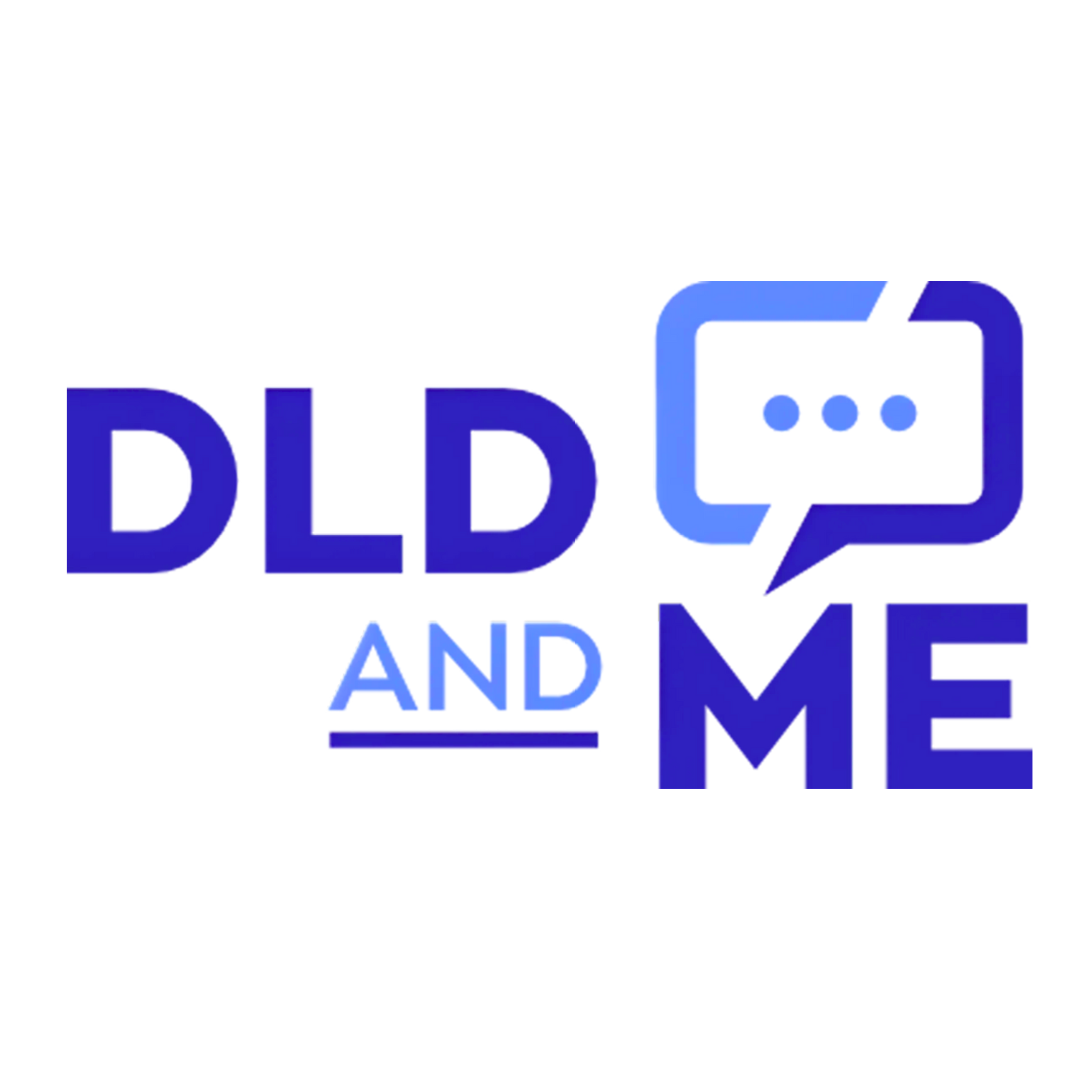I have DLD. Why is Math so Hard?
Written By:
Alex Cross, Ph.D.
Developmental Language Disorder (DLD) is a difficulty with learning language. Language is about words and sentences. So why am I having so much trouble with math? Math is about numbers, right? It’s about counting and quantifying. It’s not about words and sentences (i.e., language). Compared to language activities, it seems like math should be easier to learn for someone with DLD.
Developmental Language Disorder (DLD) is a difficulty with learning language. Language is about words and sentences. So why am I having so much trouble with math? Math is about numbers, right? It’s about counting and quantifying. It’s not about words and sentences (i.e., language). Compared to language activities, it seems like math should be easier to learn for someone with DLD.
Sometimes math doesn’t use many words at all.
We can think about quantities, shapes, patterns, and math concepts without using language very much. Here are some math activities someone with DLD might find easier…
Understanding and comparing quantities, for example, identifying which of two piles contains more blocks
Recognizing, sorting, and combining shapes
Finding a pattern in a set of shapes or objects
Adding and subtracting using objects instead of numbers
Understanding a graph
But a lot of the time, math does actually use words!
Numbers all have names. For example, 1 is called “one”, 7 is called “seven”, and 163 is called “one hundred and sixty-three”. We usually need to remember the names for numbers to count and to solve math problems. This can make many math activities difficult for someone with DLD! Here are some math activities that might be harder for a person with DLD…
Writing and naming numbers
Counting, especially higher numbers
Solving arithmetic problems like “6 + 2 = __”, especially when the problems need to be solved quickly
Solving math problems written in sentences, for example “If Sarah has 6 marbles and gives 2 to Charlie, how many marbles does she have left?”
Learning new vocabulary for math concepts
Sometimes, learning in math class can also be hard just because learning often involves a lot of language. Your teacher might tell you about math concepts or ask you to read, write, or talk about math. This kind of learning can be difficult, tiring, and frustrating for someone with DLD.
What could help me in math class?
Sometimes in math you might just need extra time for the activity. If you ask your teacher to give you more time, this might help you complete the activity and show everything you know!
Counting or solving problems might be easier for you if you use objects, for example, an abacus, some tiles, some blocks, or drawing dots.
For example, if you’re working on addition problems like “6 + 2 = __”, you could count out six blocks, then two more blocks, and then count the total number of blocks to find the answer.
You can use this strategy for multiplication and division too, by sorting the blocks into groups. For example, to solve “9 ÷ 3 = __” you could count out nine blocks, then sort the blocks into three piles and count how many blocks you end up with in each pile.
It can also help to use visuals in similar way to objects, especially if you don’t have any objects to use. For example, you could try drawing groups of dots to help you solve the problem. And remember your fingers can be very useful for counting too, especially when you’re working with numbers smaller than 10!
When you’re learning about new math words or math concepts, you can also use the strategies that work best for you in other classroom subjects! For example, ask somebody to repeat what they said, write it down, make a picture, or review it many times.
The most important thing is to understand yourself and how you learn best. This way, you can use the strategies that work best for YOU to help show everything you know. Understanding yourself can also help you to tell people like your teacher, family, or friends how they can help you!
References:Cross, Joanisse, & Archibald (2022). Mathematical abilities in children with developmental language disorder. Language, Speech, and Hearing Services in Schools, 50 (1), 150-163. https://pubs.asha.org/doi/abs/10.1044/2018_LSHSS-18-0041



